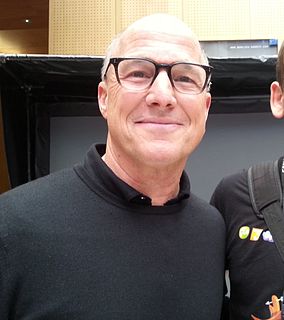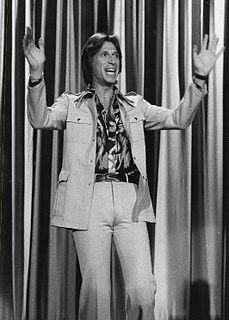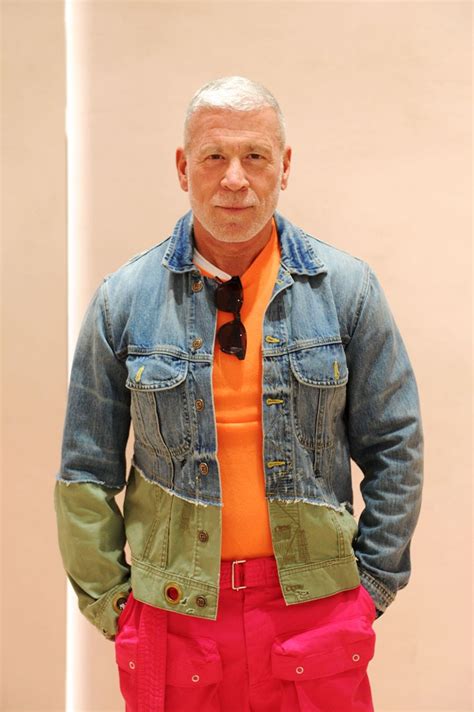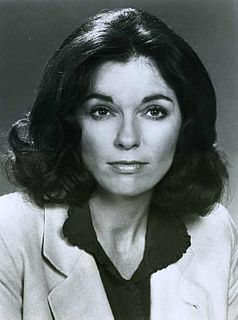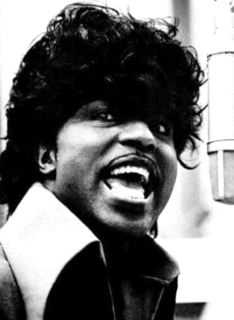A Quote by Frank Gehry
An architect is given a program, budget, place, and schedule. Sometimes the end product rises to art - or at least people call it that.
Related Quotes
When you have creative people, you have to let them do their thing. You have to resist the urge to be too efficient, you have to resist the urge to work to a certain budget and schedule - other than the fact that things have to end. It's harder work to produce this way but my philosophy is that you have to let it be creatively chaotic and let it find its place. When creative people are on to something, you know it and you have to allow it to happen. You can't set a schedule for that.
It's a very tricky job we have as DPs, where you are expected to make something that really is an emotional art but also needs to be technically spot on. You're often given a very small window of time to achieve it. People sometimes expect it to be even quicker and forget that there's a schedule for a reason.
Photography was increasingly being seen as something outside the art world. As a sort of illustration. They just fired the director of photography at the Sunday Times Magazine - that's where everyone went with their photo essays in the '60s, '70s, and '80s. It was the place to get published. It is an issue. And I feel it. There's no budget. The budget-holders are very often people who've been to the professional colleges where art is not taught. So art as a part of education is something that's missing - since Thatcher's day, anyway.
Art on the contrary sought this harmony in practice [of art itself]. More and more in its creations it has given inwardness to that what surrounds us in nature, until, in Neo-Plasticism, nature is no longer dominant. This achievement of balance may prepare the way for the fulfillment of man and signal the end of (what we call) art.
You're confusing product with process. Most people, when they criticize, whether they like it or hate it, they're talking about product. That's not art, that's the result of art. Art, to whatever degree we can get a handle on (I'm not sure that we really can) is a process. It begins in the heart and the mind with the eyes and hands.
Art makes people do a double take and then, if they're looking at the picture, maybe they'll read the text under it that says, "Come to Union Square, For Anti-War Meeting Friday." I've been operating that way ever since - that art is a means to an end rather than simply an end in itself. In art school we're always taught that art is an end in itself - art for art's sake, expressing yourself, and that that's enough.
When you raise the budget, you make creative compromises. The higher the budget goes, the more cuts in your movie happen. When people talk about how movies are watered down, that's a direct reflection of money and budget. The less money you spend; the more risks you can take. That doesn't mean it will be successful, but at least you can try different stuff. The higher your budget is, the less you can do that.

